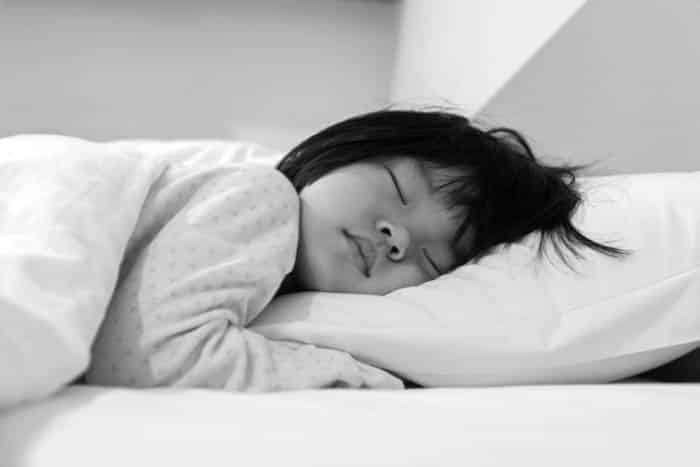PEDIATRIC SLEEP APNEA
Helping Your Child Get Better, More Restful Sleep
Fair Lakes Cosmetic and Family Dentistry in Fairfax, VA is proud to offer treatment for pediatric sleep apnea! Sleep is crucial for your child’s growth and development. Good sleep is important for children’s ability to focus and learn, and poor sleep can lead to behavioral issues. Sleep apnea in children can cause significant disruptions to sleep—the condition occurs when your child’s breathing is blocked during sleep, often accompanied by an open-mouth posture.

What Is Pediatric Sleep Apnea?
Pediatric sleep apnea occurs when your child’s breathing is partially or fully blocked during sleep. Children with sleep issues may snore and breathe through their mouths, waking frequently throughout the night when their breathing becomes blocked. As a result, children do not get adequate, restful sleep, which can hinder their growth and development.
Symptoms Of Pediatric Sleep Apnea
Symptoms manifest both during the day and at night. Nighttime symptoms include:
Children with sleep apnea can also display symptoms during the day. These symptoms include:
Causes Of Pediatric Sleep Apnea
Sleep apnea is a prevalent condition, affecting an estimated 1 billion people globally. Among children, obstructive sleep apnea occurs in approximately 1% to 5% across all age groups, including babies, infants, toddlers, children, adolescents and teenagers. However, it is most often observed in children between the ages of 2 and 6 years old.
Here are some potential contributing factors:
Diagnosing Pediatric Sleep Apnea
Pediatric sleep apnea is diagnosed through a combination of medical history, physical examination, and a sleep study if deemed necessary. Dr. Tran and Dr. Nguyen will begin by learning more about your child’s symptoms by asking questions about their sleep patterns such as snoring or daytime drowsiness. They will also do a full evaluation of your child, specifically assessing their upper airway, which may involve taking X-rays. If they determine more answers are needed to confirm the diagnosis, they may refer your child to have a sleep study performed.
Treatment For Pediatric Sleep Apnea
Treatment varies based on your child’s specific needs. The following are some common treatment options and recommendations:
What Are The Risks Of Pediatric Sleep Apnea?
Although children often experience mild symptoms of sleep apnea, if left untreated, pediatric sleep apnea can be dangerous and lead to several complications like growth and development challenges, heart and lung conditions among other issues. Changes in your child’s sleep pattern can also affect their behavior, emotional capacity and academic performance.
